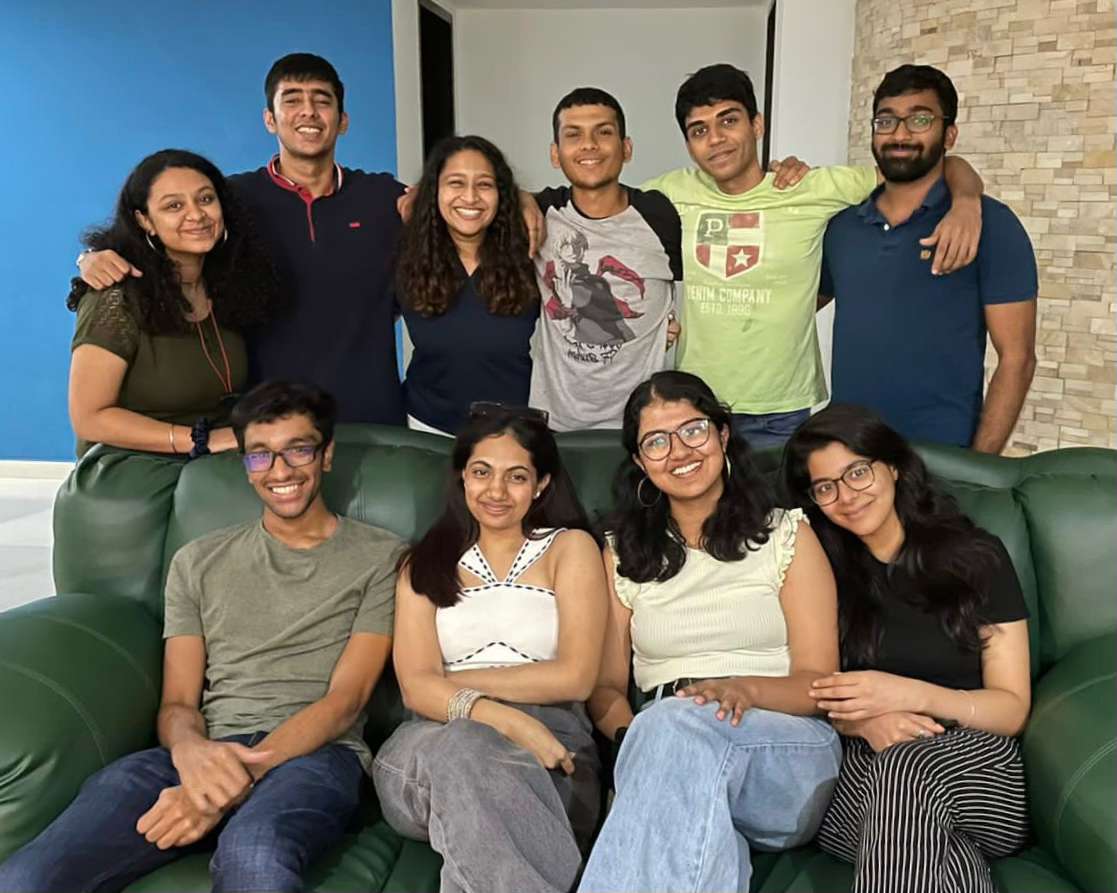

In This Section
Ashni Arun Pivots Engineering Background to a Biotech Future
By Lauren Smith Email Lauren Smith
- Associate Dean for Marketing and Communication, MCS
- Email jhduffy@andrew.cmu.edu
- Phone 412-268-9982
Ashni Arun's dad and brother are her biggest support system.
"I am who I am because of my dad," said Arun, a master's student in Carnegie Mellon University's Biotechnology and Pharmaceutical Engineering (MS-BTPE) program. "He still pushes me to be the best that I can be. I also have a lot of friends from back home in India who are a part of who I am."
Arun comes from a family of engineers, including her dad and her uncle. Arun said that for a lot of international students, being away from home is a struggle. "There are a lot of differences between how I grew up and the culture here. Talking about these differences to my support system helps me," she said.

The MS-BTPE program is a joint effort between the Mellon College of Science's Department of Biological Sciences and the College of Engineering's Department of Chemical Engineering designed to prepare students for new jobs in growing areas within biotechnology. Arun said the program's community is close.
"My cohort is pretty tight knit. It's really nice because we all talk to each other and discuss assignments, and we try to hang out, outside our classes, too," she said.
The MS-BTPE program admits both engineering and biology students who work side-by-side in their coursework as they will in industry. Arun said she likes the structure of the program and its balance of required and elective courses.
Arun, who received her undergraduate degree in chemical engineering from the Manipal Institute of Technology in India, spent her first semester focused on a deep dive into modern biology with other classmates who have engineering backgrounds. In parallel, those with a biology background trained on chemical engineering principles.

"I found it a challenge, a good challenge, to learn a lot of the biology, especially the lab work. It's not like I had done this before, and we were doing it at the master's level," Arun said. "I really liked what I was doing."
She added, "After the first semester, I think everyone has an equal understanding of all the subjects."
This summer, she is continuing research she started during the spring semester in the lab of Luisa Hiller, the Eberly Family Career Development Associate Professor of Biological Sciences. Arun is purifying extracellular vesicles (EVs) from bacteria and growing the bacteria on different media. The end goal of the research, which includes other collaborating labs, is to use the EVs as vaccines.
Arun said she realized the need for a scale up of drug production as she witnessed the need for vaccines during the height of the COVID-19 pandemic. As someone with a longtime interest in biology, she worked on drug delivery systems and tissue engineering with one of her undergraduate professors.
"Pharmaceutical engineering seemed very apt for me," she said.